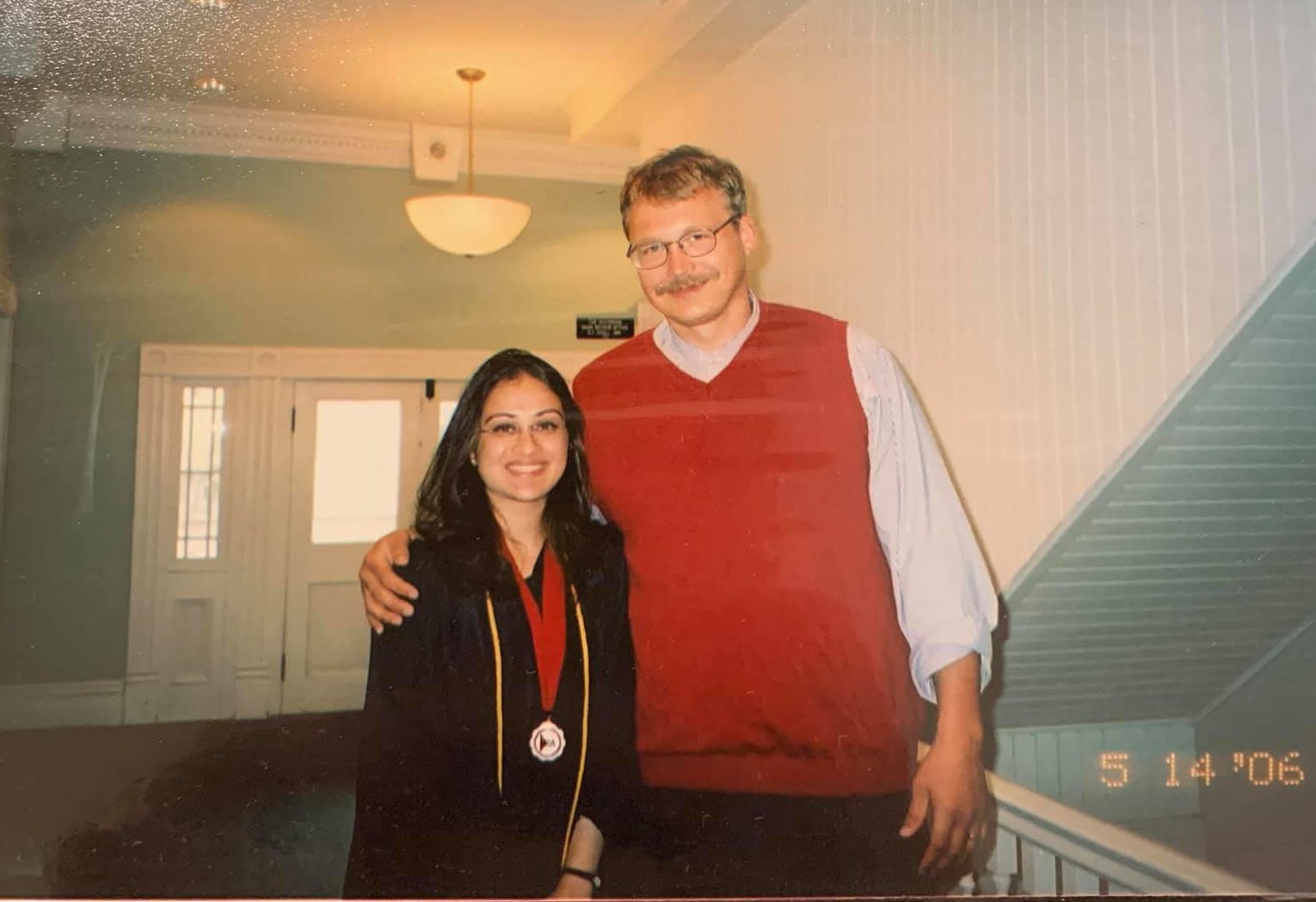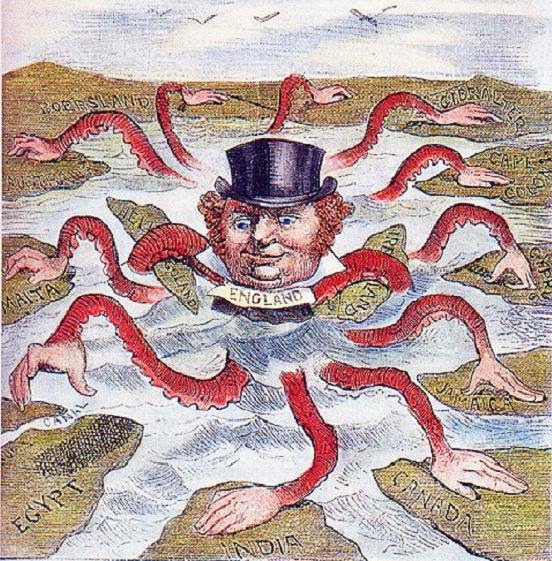Looking for some podcast episodes to give a listen to? I’ve got suggestions.


Looking for some podcast episodes to give a listen to? I’ve got suggestions.

This is the fifth in our series of remembrances on the life of Sean Kay. This post is from 15 of his former students. May way we all have the good fortune to shape the lives of students in the way...
https://www.youtube.com/watch?v=RoTOvR4uofY This is a guest post from Randall Schweller, Professor of Political Science at The Ohio State University and author of Maxwell’s Demon and the Golden...

This is a guest post from Sahar Khan, an editor at Inkstick and adjunct fellow of Defense and Foreign Policy at the Cato Institute. She tweets at @khansahar1. This is the third post in our...

“In the first place, we don’t like to be called ‘refugees’.” ~Hannah Arendt This past weekend was a weekend full of birthdays. Hannah Arendt’s 111th birthday fell on Saturday (October 14th), and—in an interesting coincidence—Michel Foucault and Friedrich Nietzsche share a birthday (October 15th). I teach and write about Foucault and Arendt, and there is a Nietzschean spirit in both, though Arendt’s engagement with his work ended abruptly with her death. In honor of all three, I want to make some notes—sketches really—of what it means to write in exile, and, by extension, to teach in exile. I...
A friend posted this piece on facebook: "Why Nerds Should Not Be In Charge of War." It draws from the new PBS Vietnam War documentary by Ken Burns and Lynn Novick to argue that it happened because of the prominent role played by "generalists." Yes, Robert McNamara and his gang of Whiz Kids are mighty arrogant, and they have much blame to share for the war. Indeed, McNamara, unlike certain other arrogant former SecDefs, has spent the time since trying to grapple with what he had wrought. There is something to the idea that we need folks involved who are regional experts. Indeed, there...

After the horrific attack in Las Vegas on Sunday, 1 October, the question of knowledge should be key to our understanding of this event. What do we know? What can we recall? The first thing that comes to mind is likely numbers, statistics, values attributed to life. We know now that the death toll is at 59. The injured number 527. The killer had 18 guns at his home. He shot from the 32nd floor at a rate of 400-800 rounds per minute (6-13 rounds per second). We know numbers. Surely, this quantification of death gives us important information, but what does it do in regards to the way we...

As one of the new Ducks, I will from now on be posting diversely on a range of topics including political violence, the status of critique in IR, and professional issues that will be of particular interest to early career scholars and PhD students. For my first post, however, I want to write about the style of writing IR and/or Political Science. This is something that has troubled me for some time now and on which – I think – I depart slightly from the mainstream view of things. To begin, let me quote the author’s ‘style’ guidelines for the ISA journal International Studies Quarterly: Favor...

Today we begin the Bridging the Gap "Book Nook," a series of short videos describing new books by scholars in the BTG network. For the first entry, our very own Brent Durbin discusses his book, The CIA and the Politics of US Intelligence Reform (Cambridge, 2017). (We hope to do a bunch of these, and we would welcome any thoughts on how to improve the format!)

The past week has seen a boiling-over of controversy regarding a publication by Bruce Gilley entitled “The Case for Colonialism,” appearing in the journal Third World Quarterly, leading some to even begin petitions to the journal to retract. As of the writing of this post, the journal has not retracted the article. In this post, I would like to reflect on this piece as both a part of a scholarly conversation: showing how its claims are the result of poor methodology, a bad reading of the existing literature on colonialism in political science and other fields, and a general glossing-over of...

This inaugural post from our partners at Bridging the Gap is written by Naazneen Barma and Brent Durbin, who will be coordinating contributions from BTG's network of scholars. Take a moment to think back to college – or whenever you decided to pursue the path that has brought you here, reading about world politics and sundry related topics on the Duck of Minerva. What set you on this path? What made you want to devote years of your life to studying politics, perhaps even through formal graduate training? If you’re like us, you looked out and saw a puzzling and imperfect world, and you wanted...

In some sense, it is with a heavy heart that I write my last permanent contributor blog post at the Duck. I’ve loved being with the Ducks these past years, and I’ve appreciated being able to write weird, often off the track from mainstream political science, blogs. If any of you have followed my work over the years, you will know that I sit at an often-uncomfortable division between scholarship and advocacy. I’ve been one of the leading voices on lethal autonomous weapon systems, both at home in academia, but also abroad at the United Nations Convention on Certain Conventional Weapons,...